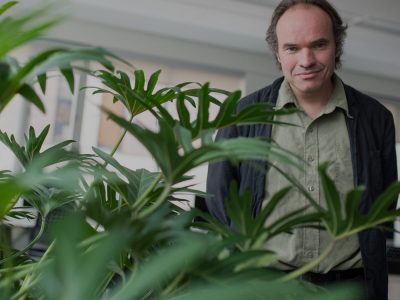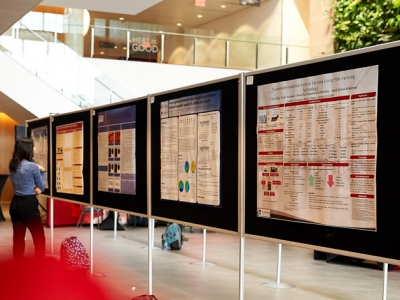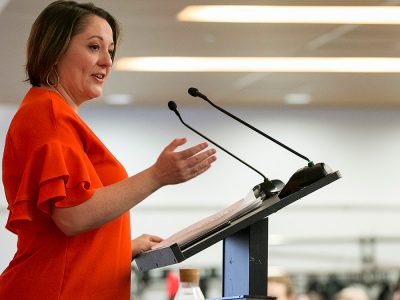By Brenna Mackay
Carleton University’s Manuella Vincter, professor in the Department of Physics, has been reappointed for another term as Deputy Spokesperson for ATLAS at CERN, the European organization for nuclear research.
Vincter’s mandate will be extended until March 2023. She will have served as deputy to two different spokespeople, an unprecedented achievement at ATLAS. Her reappointment will continue to connect Carleton to the global scientific community and its groundbreaking research.
“We are very proud of Manuella’s exceptional accomplishments on the world stage,” said Carleton University President Benoit-Antoine Bacon.
“As we emphasize in our new Strategic Integrated Plan, Carleton is well positioned to increase its international research and impact. Manuella and our fantastic team of researchers at CERN are leading the way.”
Vincter says her interest in STEM (science, technology, engineering and math) was nurtured throughout her youth, thanks to the mentorship of science educators.
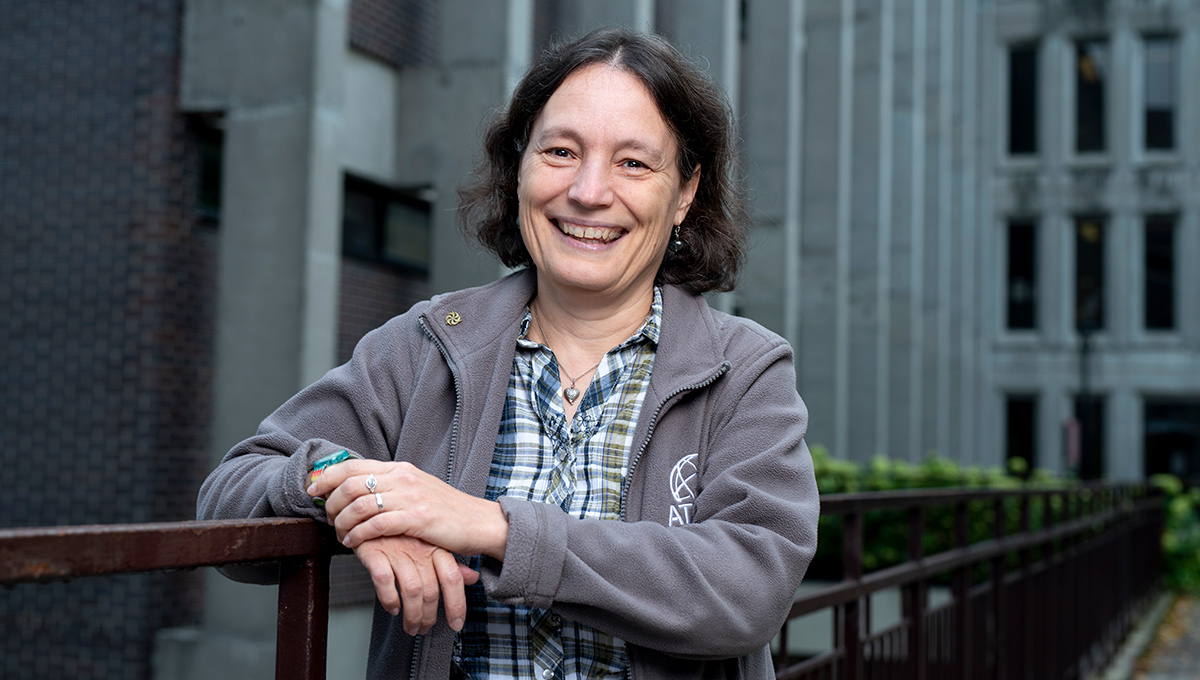
Prof. Manuella Vincter
“At many key moments in my education, I had an amazing science teacher,” she says.
“The kind of person that inspires you and is passionate about what they’re teaching. It made all the difference.”
When it came time to decide a career path, science was a natural choice. After completing her undergraduate degree, she received a masters and PhD from the University of Victoria, where her research focused on the Large Electron Positron collider (LEP), where the ATLAS experiment was based at the time.
She then completed a two-year postdoctoral experience at the TRIUMF Laboratory in Vancouver before she began teaching in the physics department at the University of Alberta.
“Then this wonderful opportunity came up at Carleton, one that really put an emphasis on the research aspects of being a professor, and I just couldn’t say no,” she says.
Having been involved with the ATLAS experiment since 1998, Vincter knew what she wanted her research focus to be.
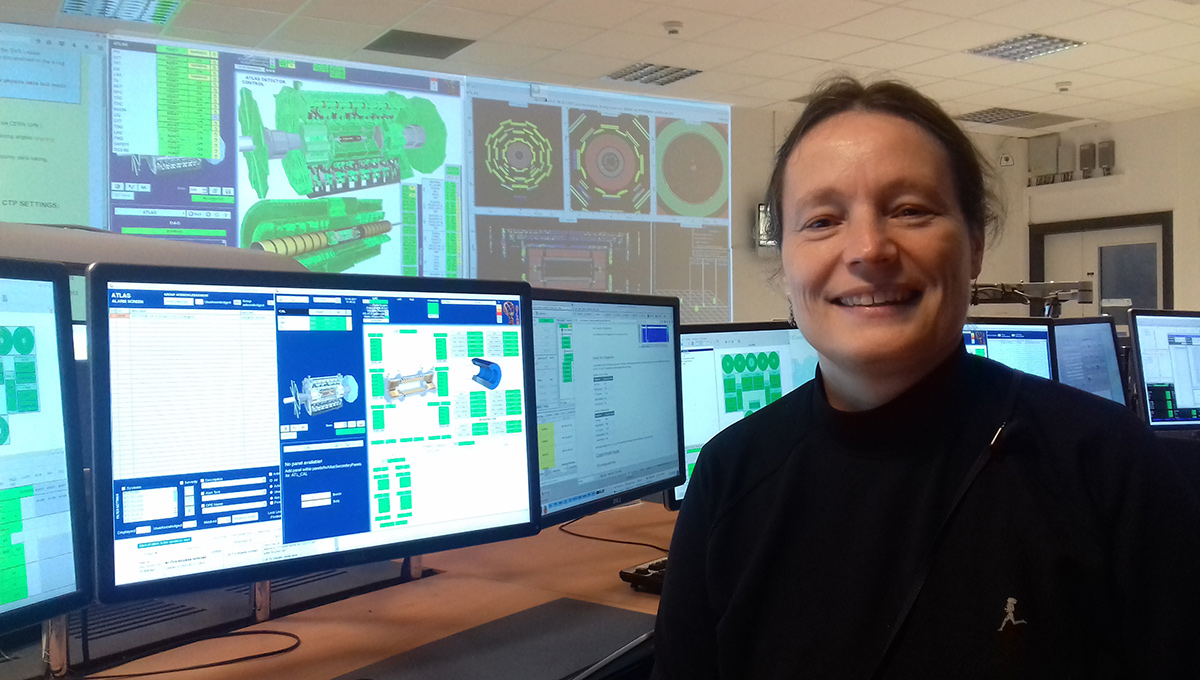
Understanding the Very Early Universe
To explain the research being done at CERN, Vincter offers a comparison.
“Art, for example, is a way to better understand human nature and our origins,” she shares.
“What we do in the laboratory is similar in the sense that we’re trying to recreate what happened in the very early universe to understand where we come from.”
The ATLAS experiment based at the CERN Laboratory in Geneva, Switzerland is an experimental particle physics endeavour that uses high-energy proton collisions from the Large Hadron Collider (LHC) to reproduce conditions of the early universe less than a billionth of a second after the big bang.
The ATLAS Collaboration consists of approximately 5,500 members, including close to 2,500 PhD-holding physicists and 1,700 graduate students from 234 institutes and 38 countries.
As Deputy Spokesperson of the project, Vincter plays a key role. Not only does she help manage technical aspects of the experiment, but the human factor, too.
“We’re working to create an environment that accomplishes the scientific mission, but also recognizes and supports the next generation of scientists,” she explains.
With so many early-career scientists involved in a long-term experiment, Vincter says that it’s important to be flexible and supportive as their life circumstances inevitably change. The early-career scientist community consists of people who may get married, have children or care for aging parents, all things that can put them at risk of exhaustion as they conduct intensive research.
“Once the paper is finished, you still want that community to be there, be satisfied, feel like they’ve learned something and be ready for the next challenge,” she adds.
Vincter’s mandate includes working with stakeholders to ensure proper operation of the detector and the quality of data for use in physics analyses. She also works with the ATLAS Speakers’ Committee to select speakers and delegates for conferences, writes scientific papers and policies related to the experiment, and ensures everyone involved is on the same page.
Before COVID-19 and travel restrictions, Vincter would regularly host visitors from around the world to explain the work being done, why it’s important and how their country is contributing. While that isn’t possible, Vincter and her team have been hosting virtual events and livestreams on social media to highlight key aspects of the experiment and answer viewer questions.
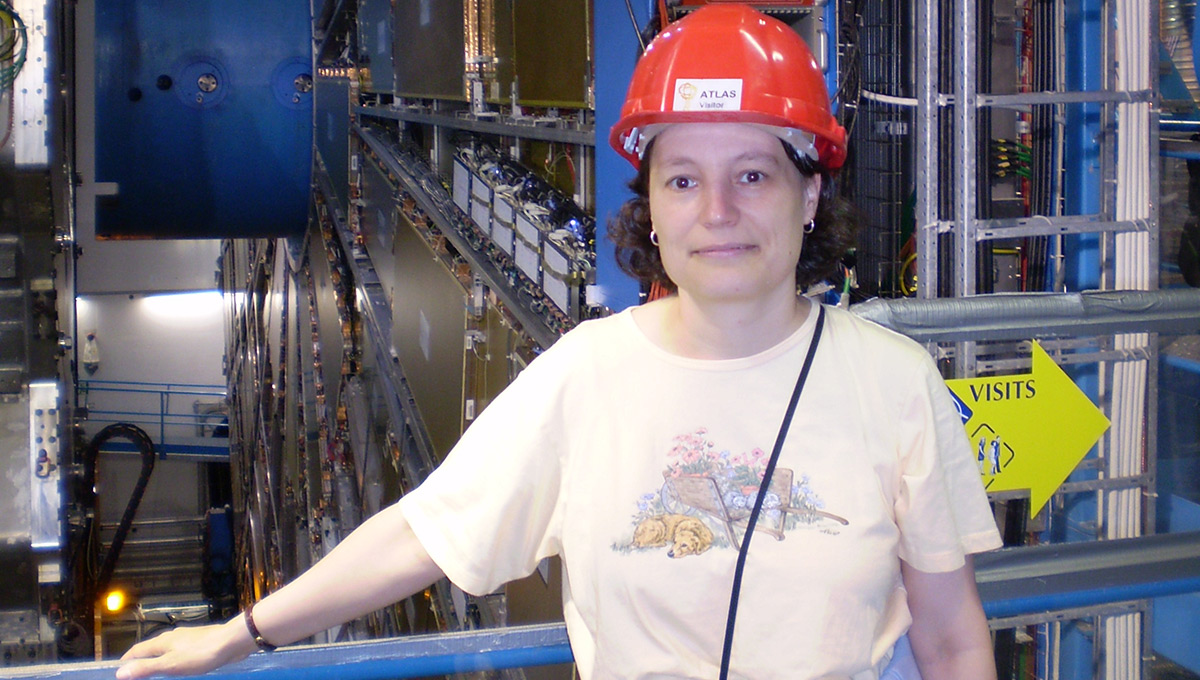
Data Collection Energizes Partners
Now that Vincter is settled into her role, she is looking forward to taking on new aspects related to outreach and serving as a mentor for the next incoming deputy spokesperson.
When she began her first appointment, the LHC was entering a two-year shutdown for maintenance and upgrades, some involving Carleton. Despite setbacks caused by the COVID-19 pandemic, Vincter is looking forward to the upcoming data collection period.
“There is nothing quite like the LHC running and collecting data to energize that collaboration,” says Vincter.
“In my second term, the emphasis on what we do within ATLAS is going to evolve,” she says.
“Once COVID-19 is over and our colleagues can start coming back, it’s going to be so much fun and very different from the first term.”
Vincter says she is grateful for the support she has received from Carleton’s administration. When she first considered accepting the ATLAS position, she wasn’t sure how the university would respond.
“But within a few days, they came to me and said: ‘We will make it happen,’” she shares.
When she was asked to extend her term, she thought Carleton might ask her to return to Ottawa.
“But again, it was this ‘we will make it happen’ attitude,” says Vincter. “I’m so proud that Carleton thinks that this work and research is a fundamental part of being a university.”
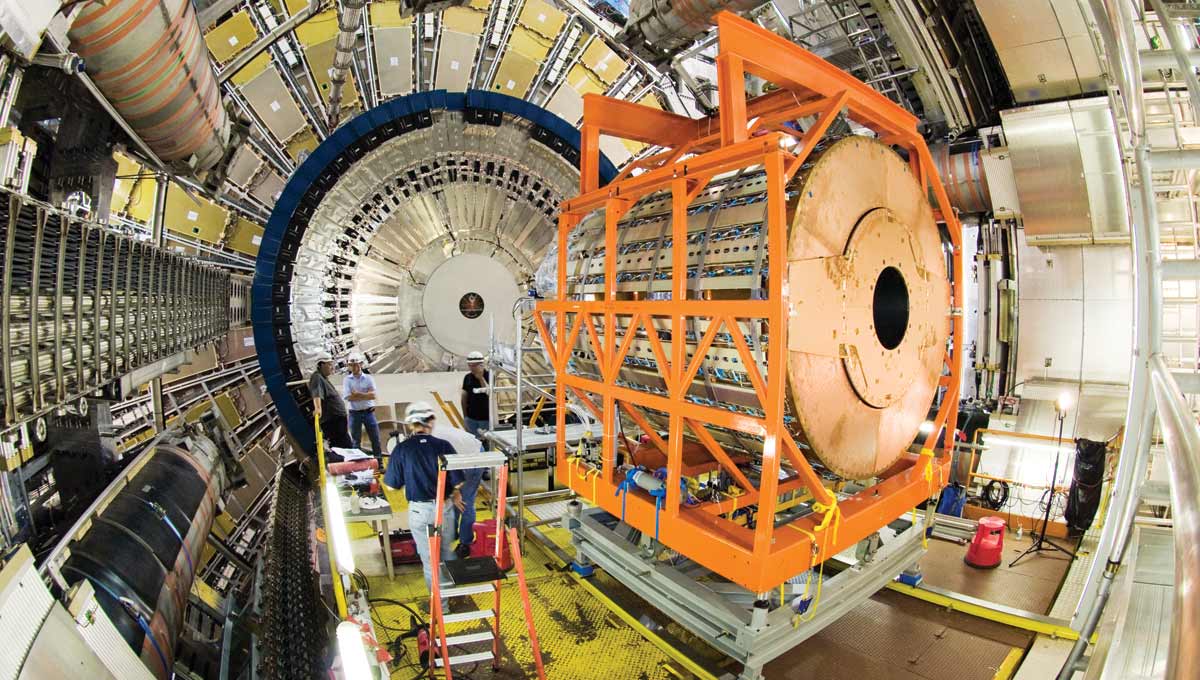
Tuesday, October 20, 2020 in Faculty of Science, Physics
Share: Twitter, Facebook
